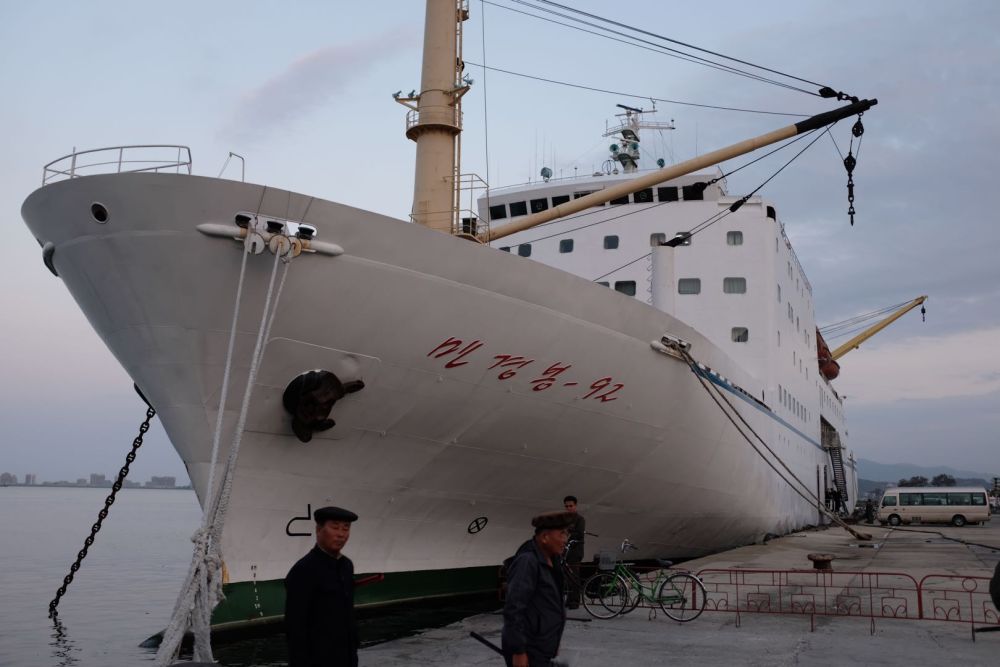

Rajin Shipyard is located in the Rason Special Economic Zone in North Korea. Historically, Rason has been an area of limited economic engagement with foreign entities, due to its strategic location as a port city. The Rajin Shipyard itself is not typically renowned as a traditional tourist destination, mainly due to North Korea's restrictive tourism policies. However, it represents a significant aspect of the maritime industry in the region and the North Korean authorities have been trying to incorporate it within the broader scope of the tourism sector to attract foreign investment.
The history of tourism in Rason, and more broadly North Korea, has been closely controlled by the government with a focus on showcasing the positive aspects of the regime. International tourism was officially promoted starting from the late 20th century, but the number of foreign visitors allowed into the country has always been very limited, with Rason only opening up to tourists in the early 1990s as a Special Economic Zone.
Attempts to increase tourism in Rason, including the Rajin Shipyard, have been met with a variety of challenges. Due to international sanctions and the enigmatic nature of the North Korean government, growth has been sporadic and often hampered by external political factors. Visitors to Rason are typically part of strictly controlled tours, with very little freedom to explore independently, which has curbed the growth of tourism in the region.
In recent years, there have been some developments in promoting the Rajin Shipyard as part of North Korea's endeavor to showcase its industrial capabilities. Specialized tours have been organized which allow tourists with a specific interest in maritime industries to visit the shipyard. These tours are often educational, targeting professionals and investors rather than the casual tourist.
The latest tourism trends in North Korea have seen a slight opening up of the region to visitors. There has been an increase in thematic tourism, with a focus on areas that include industrial tourism, cultural exchanges, and even nature tourism. The North Korean government has shown interest in diversifying tourist attractions across the country, but it is yet to be seen how this will affect the Rason Special Economic Zone and its industrial giants like the Rajin Shipyard.
The global COVID-19 pandemic has put an additional strain on North Korea’s tourism sector. The country has taken strict measures, including closing its borders to international tourists, which has put a halt to any recent developments in the Rajin area tourism initiatives. The post-pandemic era could see a reinvention or further opening up of tourism, but as of now, North Korea remains largely isolated.
The future of tourism in Rason and specifically the Rajin Shipyard remains uncertain. While there is potential for growth, particularly if North Korea opens up more to the global economy, the unique political and social climate will continue to shape the trajectory of tourism in the region. Observers and potential tourists remain interested in the possible changes that could come in the following years, especially if the government's approach to international relations evolves.